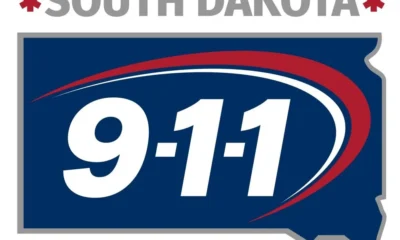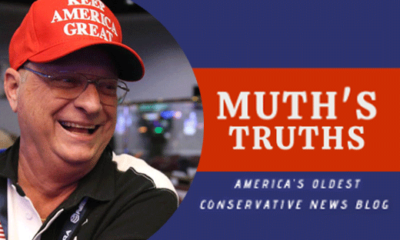
(Courtesy: Getty Images)
(Tommy Behnke, The Hill) – Many academics and optometrists believe that Americans will soon be able to skip the eye doctors’ office and instead give themselves exams with the stroke of a smartphone app — that is, unless protectionist legislation is passed in Congress before Christmas.
According to new scientific data, up-and-coming eyecare apps will likely saturate the market in the coming years, reducing prices and mitigating the current problems that many are facing with their contact lens and glasses prescriptions.
Many of these apps are already beginning to sprout up on the market. One called Opternative gives phone users a 25-minute “eye appointment” with their smartphone, and the results have proven to be as accurate as traditional exams. Another called GlassesOn determines the refractive error of participants’ eyes through the manipulation of light on the phone screen.
Unfortunately, however, the United States might be forced to kiss all of these new innovations goodbye should the Contact Lens Consumer Health Protection Act (CLCHPA) be signed into law before the end of the year.
This bill was personally drafted by lobbyists from Johnson & Johnson, a company that controls nearly 40 percent of all contact lens sales, as a means of scrapping the free market reforms to the industry that were enacted in 2003.
CLCHPA will not only prevent further growth in the contact lens industry, it will also regulate away current participants — namely, wholesalers and online contact lens vendors — in a shameful attempt to further enrich eye doctors and their favored lens manufacturers.
Before 2003, the medical lobby had a virtual monopoly over the sale of contacts. Doctors would withhold patients’ prescriptions and force them to purchase Johnson & Johnson’s Acuvue lenses directly from their offices at inflated prices.
Thankfully, the Republican-controlled Congress finally stepped in to crash this price-gouging party. The body passed legislation, the Fairness to Contact Lens Consumers Act (FCLCA), which mandates that eye doctors provide patients with copies of their prescriptions so they can shop outside of the eye doctors’ office for contacts. The bill also prevents eye doctors from “pocket-vetoing” future sales by imposing an 8-hour time limit to veto prospective third party transactions.
As a result of this free market reform, a whole new secreted industry sprouted up. Third-party lens sellers like Walmart, Costco, and 1-800 Contacts dropped the prices of contact lenses to record lows, allowing over 41 million Americans to purchase more than $7 billion worth of contact lenses every year.
Not surprisingly, however, Johnson & Johnson is unhappy that these new vendors are eating into their market share. As a means of reinstating the status quo, the company drafted CLCHPA with the intent of bankrupting third party vendors through the imposition of cutthroat regulations.
CLCHPA will bring the cost of contacts back to 20th century highs. The legislation will replace the 8-hour window that doctors now have to file third party health and safety concerns with an indefinite approval cushion, allowing crony eye doctors to permanently block the sale of third party lenses by simply refusing to respond to their transaction requests.
Members of the crony American Academy of Ophthalmology claim that CLCHPA bill is needed to prevent consumers from receiving keratitis-inducing lenses. The problem is that all of the empirical data proves otherwise.
According to a 20-year epidemiologic study published in the medical journal Eye & Contact Lens, there has been no increase in the incidence of microbial keratitis since the advent of online sales. Moreover, in Japan and most of Europe, contact lens prescriptions aren’t even required to purchase lenses, and neither country has seen any increase in keratitis since the prescription mandate was waived.
Johnson & Johnson, which has chosen to ignore these facts, is now stepping on the gas of its lobbying efforts to get the CLCHPA passed before the end of the current Lame Duck session of Congress.
Conservatives who are rightfully wary of passing bills that increase regulations should recognize that doing so is occasionally a necessary means of reining in out-of-control, government-created monopolies — which, in the contact lens industry, are fueled by unnecessary, market-stifling prescription mandates that raise prices way above market value.
In a perfect world, the prescription requirement would be removed and doctors would be able to conduct business in any way they see fit. Unfortunately, however, we’re not living in a free market utopia. Until the prescription mandate for contacts is removed, then it makes sense to fight the high barriers to entry with these modest consumer rights protections.
Here’s to hoping that the congressional members of both parties — many of which have pledged to combat “waste, fraud, and abuse” in the business sphere — make the sensible decision this legislative session.
Tommy Behnke is a former staffer for Sen. Rand Paul (R-Ky.)
* Originally published at The Hill.






Facebook
Twitter
Pinterest
RSS